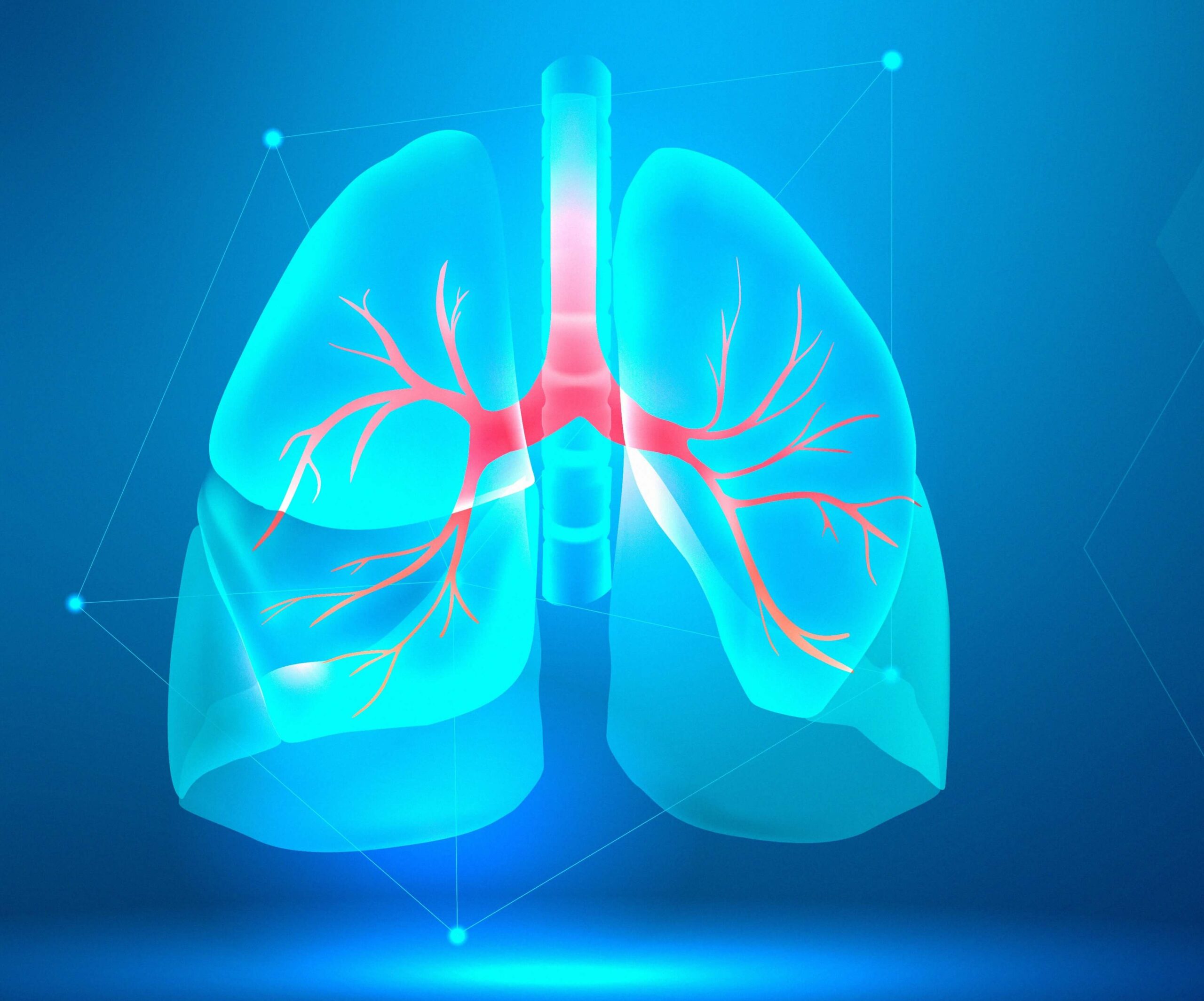When you have asthma, it’s crucial to understand both what are the symptoms of asthma- Asthma attack and what is going on inside your airways.
Asthma is a chronic (long-term) condition that damages the airways in the lungs. The airways are the tubes that allow air to enter and exit your lungs. Asthma causes the airways in the lungs to narrow because of inflammation and tightening of the muscles around the tiny airways. As a result, it is more difficult to exhale air from your airways. (1) Airway inflammation makes breathing difficult, which causes moderate symptoms like wheezing, coughing, or breathlessness as well as chest tightness. An “asthma attack” or “asthma flare-up” occurs when these symptoms worsen than usual.
Understanding asthma requires a basic understanding of what happens when you breathe. In a typical breathing pattern, air passes through your nose or mouth, descends into your throat, enters your airways, and eventually reaches your lungs. Your lungs include a large number of tiny airways that assist in transferring oxygen from the surrounding air to your bloodstream.
Understanding your asthma symptoms can assist you in identifying your triggers, when you require quick-relief (“rescue”) medications, and when a medical emergency is occurring. When you develop asthma, your airways undergo the following three changes:
- Bronchospasm: Constriction of the muscles surrounding the airways (tighten). Your airways bec
 ome narrow when they constrict. Through narrowed airways, air cannot pass freely.
ome narrow when they constrict. Through narrowed airways, air cannot pass freely. - Inflammation: The lining of your airway’s swells. Swollen airways restrict the flow of air in and out of your lungs.
- Mucus production: During the attack, your body produces more mucus. The mucus is so thick that it clogs the airways.
It begins frequently in childhood and affects people of all ages. Asthma triggers are factors that can cause or aggravate asthma symptoms. (2) Depending on the individual, triggers may include viral infections (colds), dust, smoking, fumes, seasonal changes, grass and tree pollen, animal fur and feathers, potent soaps, and perfume. (3)
What are the symptoms of asthma?
Although mild asthma symptoms might differ from person to person, the following are the most typical symptoms:
- Breathing difficulties – feeling out of breath even when resting, or being unable to complete full phrases before needing to take another breath
- wheezing — making a squealing or a whistling sound while breathing
- Coughing – either at particular periods (such as at night, in the morning, or in cold weather) or after particular tasks (such as exercise) chest tightness. (4)
- Fatigue
- anxiousness or panic
- recurrent infections
Not everyone who has asthma will have these symptoms.
You could still periodically suffer a flare-up of symptoms even if your asthma is well-controlled. Quick-acting medications, such as an inhaler, can frequently help flare-ups get better, but in more serious cases, they could need medical intervention.
Signs of an asthma flare-up may include:
- coughing
- wheezing
- throat clearing
- difficulty sleeping
- chest pain or tightness
- fatigue
Additionally, you should get treatment if you have any of the following more severe signs of an asthma emergency: (5)
- Being extremely distressed, fatigued, or even limp as a result of straining to breathe
- straining to breathe deeply by making deep chest or throat sucking motions
- gasping for air
- confusion
- pale lips or fingernails
- dizziness
- difficulty walking or talking
- blue lips or fingernails
Must Read >>
- What is the Health Benefits of Ginger.
- What are Generic Medicine: Myths and Facts.
- Exercise During Pregnancy: Do’s and Don’ts
- Breast Cancer Awareness: Its Importance and Benefits
- What are the benefits of coconut water
- Weight loss exercise from home
- Exercises for frozen shoulder at home
- Why is water important to us
- How to stop hair fall in men
- What are symptoms for COPD
- Rich Fiber Diet
